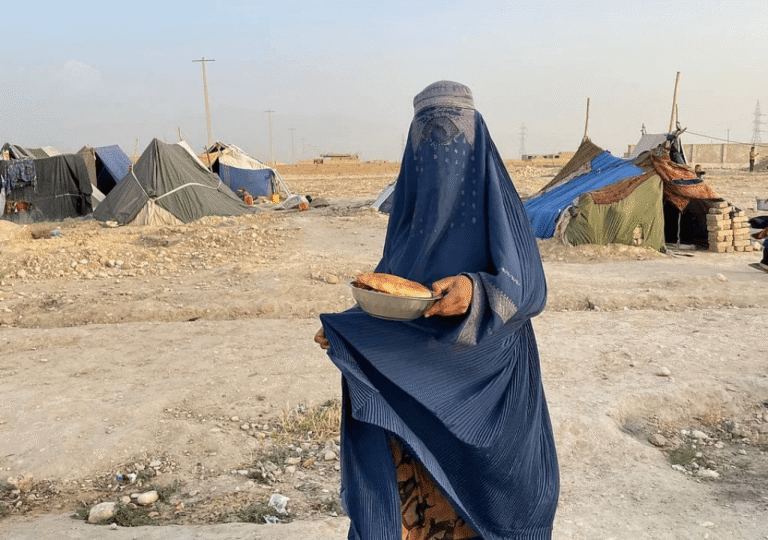Israel is often seen as having no expansion plans beyond the territories of the former British Mandate. Its actions following the Six-Day War support this perception, as it briefly held Gaza and returned the Sinai Peninsula to Egypt, both gained during the conflict. Similarly, Israel reclaimed areas under the British Mandate from Jordan, specifically the West Bank and East Jerusalem, which were previously under Jordanian control. After regaining these territories, Israel negotiated agreements with neighboring countries, promoting mutual respect for borders and significantly reducing regional tensions.
The territories reclaimed from Egypt and Jordan are now recognized by international authorities as part of the Palestinian state. However, Israel expanded its Jewish population in these areas through planned settlement growth, transforming arid deserts into fertile land, and relocating more people to these regions. Numerous reports, even before the renewed conflict between Israel and Hamas on October 7, 2022, point to Israel’s de facto annexation of the West Bank and East Jerusalem. In contrast, Israel has made fewer efforts to establish settlements in Gaza, and the situation has largely remained stable since the withdrawal of settlements in 2005. However, following the October 7 attacks, it is now clear that Israel will likely follow the strategies it used in the West Bank, leading to further encroachment on what some view as the future state of an independent Palestine.
Israel’s recent actions have raised further doubts, as its expansion plans now appear to extend beyond the former British Mandate. In addition to these territories, Israel continues to control the Golan Heights, which was not part of the British Mandate and which the international community still recognizes as part of Syria, and which it has not returned through peace negotiations. As Israel shifts its military operations toward its borders with Lebanon and Syria, and with Gaza no longer posing an immediate threat from the south, the country seems to be intensifying its focus on the Golan Heights. Israel is following the same strategies used in the West Bank. The Israeli government has approved a plan to invest over $11 million in the occupied Golan Heights, aiming to double the region’s population. Prime Minister Benjamin Netanyahu called the initiative an important response to the evolving “New Front” with Syria, emphasizing that strengthening the Golan Heights is essential for strengthening Israel at this time. Netanyahu reiterated the government’s intent to retain the area, promote its development, and expand settlements there.
Following the fall of Bashar al-Assad’s regime, Israel established a buffer zone by stationing troops on the Syrian side of the border, arguing that previous ceasefire agreements had collapsed due to changes in Damascus. Reports suggest that Israeli troops have extended their presence beyond this buffer zone in several areas. The Golan Heights is home to over 50,000 people, including Jewish Israelis and members of the Druze and Alawite religious minorities. As the Jewish population grows and Syria maintains stable governance, the Muslim population may move towards Syria, which will likely lead to undisputed Israeli control of the Golan Heights. There are now more than 30 Israeli settlements in the Golan Heights, housing around 20,000 people. Netanyahu stated that Israel would continue to hold onto the territory, make it flourish, and expand settlements there. This announcement followed a day after Syria’s new de facto leader, Ahmed al-Sharaa, criticized Israel for its ongoing strikes on military targets in Syria, reportedly targeting military facilities.
As Netanyahu maintains a cruise mode, he is likely to adopt a more aggressive approach. The Golan Heights, surrounding areas, Lebanon, and even Yemen hold historical significance for the Jewish people, with a once-thriving Jewish population that was displaced by Arabs. Given this, Netanyahu may plan to re-establish settlements in these regions to serve Jewish interests. It may seem like an exaggeration, but by observing these trends, it is clear that Israel seeks expansion, citing security as the justification. This pattern is evident in East Jerusalem, the West Bank, Gaza, the Golan Heights, Lebanon, and potentially Aden. The Jewish people have a deep connection to their history.








